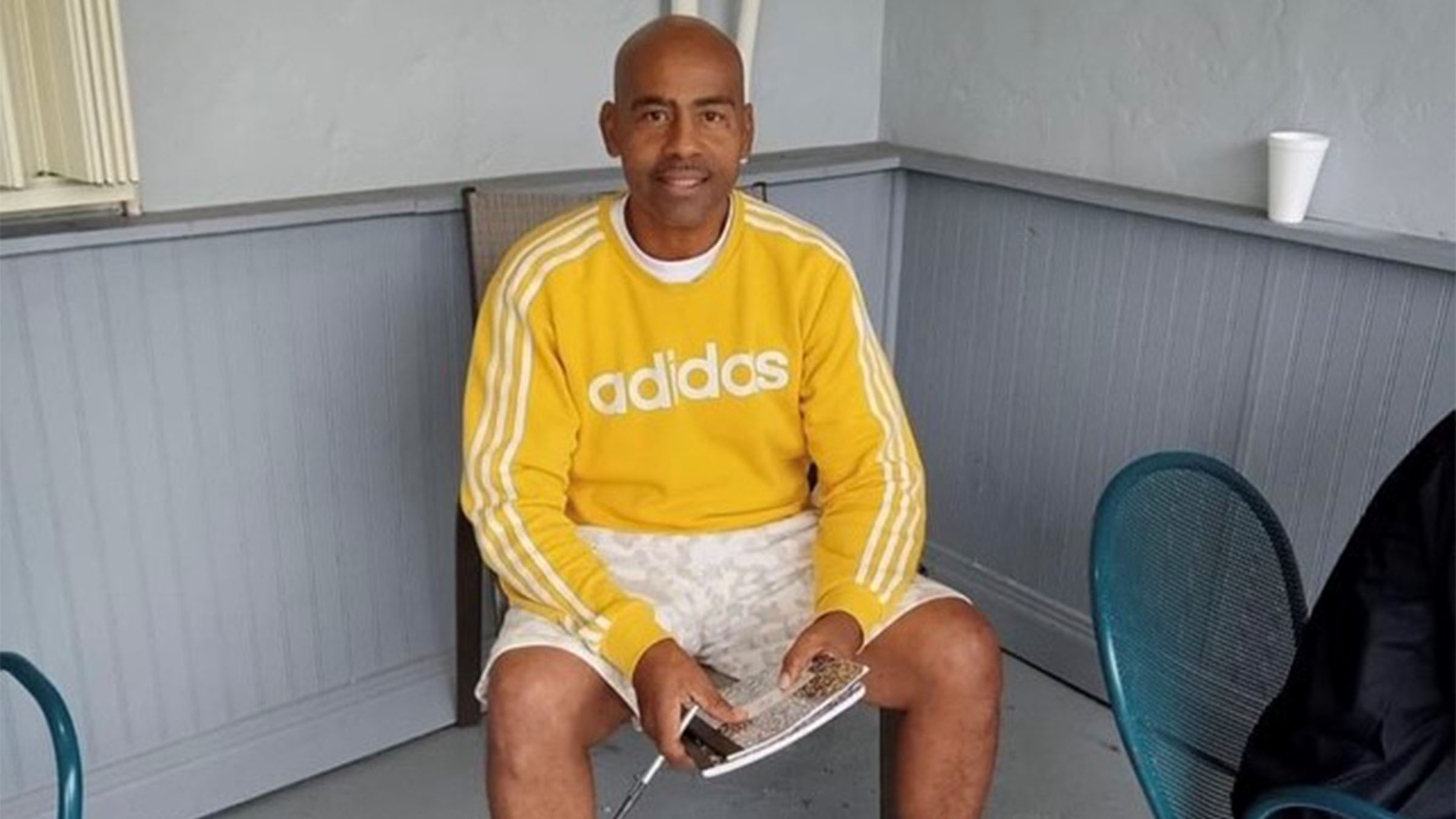Geralyn Graham sometimes put her foster child Rilya Wilson into a dog cage to restrict her movements, a witness testified Thursday.
Ludwig “Ziggy” Smith said he once found the young girl in the laundry room, where she was on the floor, being kept inside there for discipline by Graham.
As he was walking to the garage, Smith said, "I heard a little voice said hi, I looked down and saw Rilya there, she was sitting behind the door on the floor."
Graham is on trial for first-degree murder, kidnapping and child abuse after Rilya, 4, disappeared more than a decade ago. On Wednesday prosecutors submitted as evidence a cage where they believe that Rilya was kept.
Smith said he made at least 20 visits to Graham’s house to watch football and hang out in the fall of 2000, when he was dating her adult daughter.
Detra Winfield, who lent the cage to Graham, cried on the witness stand Thursday.
When a defense attorney asked Winfield if she ever saw Rilya in the dog cage, she replied no.
Smith said that he asked Graham about the cage.
"As she explained to me, she would put Rilya in there as a method of controlling her movement," he said.
Local
Smith said he only saw Rilya a handful of times – but he noticed scratches and bruises on the girl, which he says Graham claimed were self-inflicted.
"Mrs. G would explain that Rilya would do that to herself,” Smith said.
Most people assume the state's case is hampered by the fact that Rilya's body has never been found. But veteran defense attorney Alexander Michaels, who is not involved in the Graham trial, says that's not the case.
Michaels said that in his experience, it's bad for the defense when juries can play detective.
"In my opinion it's tough to defend a case (where) there's no body," he said. "People usually believe that's easier because there is no body therefore there should be no problem, and my experience is it's usually much more difficult because of the tendency the jury has to speculate, to play detective, to look for things that are not there."



